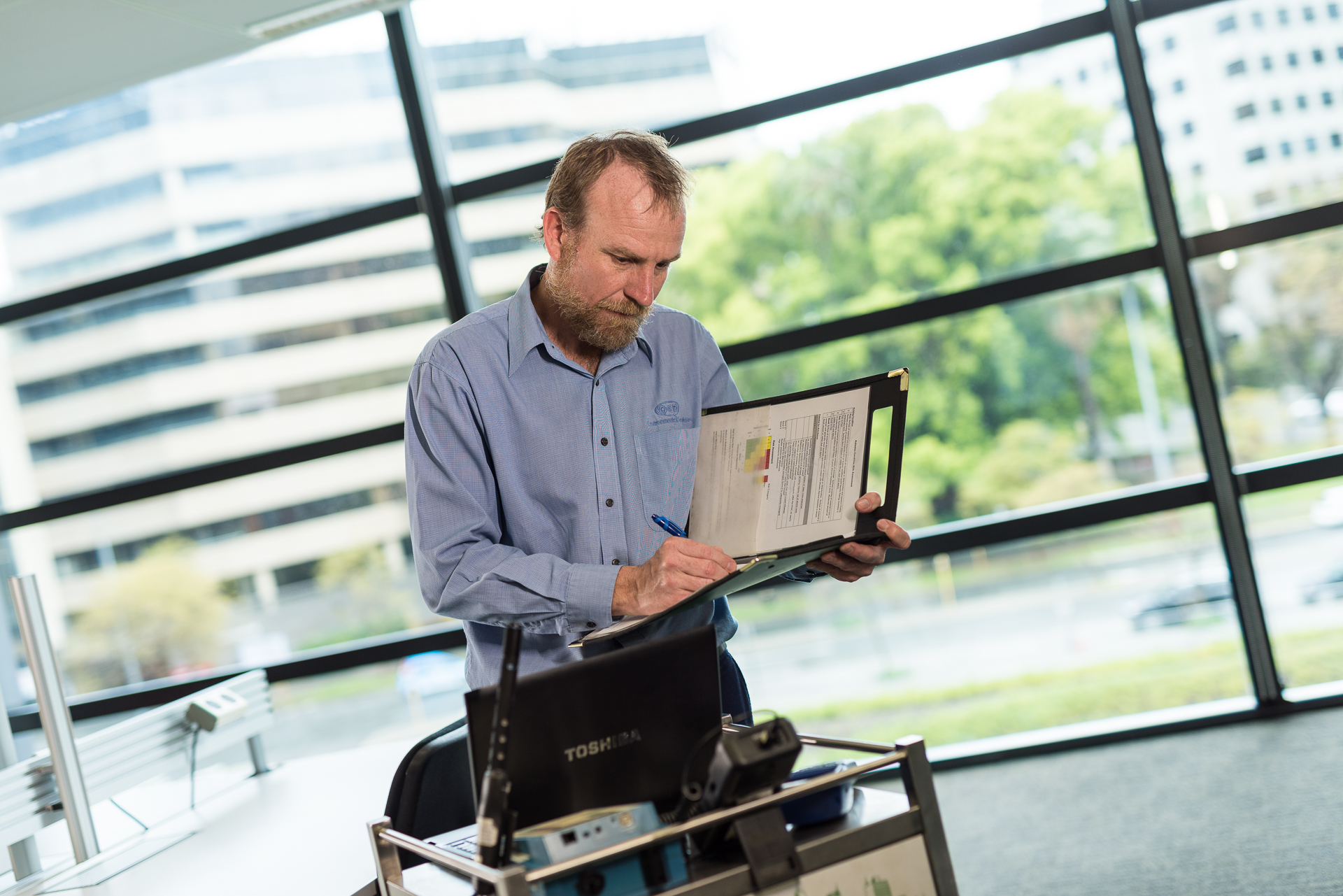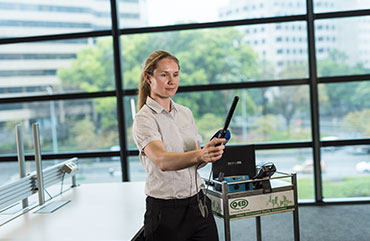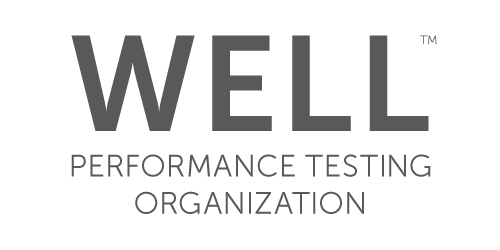
15th
New rules reward hourly temperature logs for NABERS indoor environment ratings
By Chris Horan, Senior Consultant
NABERS Indoor Environment for Offices: Rules for collecting and using data version 1.0 has now been in operation for over 12 months.
Having undertaken ratings under the new rules we would like to quickly share our thoughts with you on our findings thus far.
Simply put, the main impact is changes to the way data is collected and to the way the data is used to calculate the star rating. In reviewing the rules, the NABERS National Administrator’s goal was to deliver a simpler, more robust tool that utilised up-to-date sampling instrumentation and aligned with the most recent IE quality standards and guidelines.
The most obvious change to the NABERS IE tool has been the expansion to 6 Stars, aligning it with the other tools in the NABERS rating suite.
To address concerns about the complexity of the rating, the score for each parameter is now determined by comparing the data directly to the population of other rated premises, and is provided on a more intuitive scale from 0% to 100%.
One of the changes that can have a significant bearing on the outcome of both Base and Whole building ratings is the increased value placed on logged temperature data. In previous iterations of the NABERS IE Protocol, the inclusion of logged temperature data may have increased the rating by half a star. The score for annual temperature data now accounts for up to 25% of the rating and, in QEDs experience, can enhance a rating by up to 2 stars.
Whereas the previous protocol looked at average daily temperatures (allowing the occasional outlying temperature to “slip through the cracks”), the new tool assesses each hourly temperature log so it is imperative that the data is not only collected, but is carefully monitored to ensure that temperatures remain within the adopted guidelines at all times.
QED has developed a tool to simplify the analysis of the temperature logs and, where this system has been implemented, the feedback provided to building managers has led to marked improvements in compliance.
We see this trend continuing, so as sensor technology advances and costs continue to fall, the NABERS National Administrator is likely to place more emphasis on long-term logged data.
Categories
Recent Posts
Navigating the GRESB 2024 Updates: Key Changes and Implications
26th Nov
GRESB’s 2024 Real Estate Assessment introduced significant changes, refining how ESG performance is measured and reported. These updates a...
Trichloramine and Indoor Air Quality in Swimming Pools
05th Nov
For swimmers and pool workers alike, the characteristic "chlorine smell" at indoor swimming pools is part of the experience. Howev...
Indoor Air Quality Takes Centre Stage: A New Government Report on Airborne Virus Transmission
30th Sep
The importance of Indoor Air Quality (IAQ) has gained significant attention following the release of a groundbreaking report from Australia�...

















